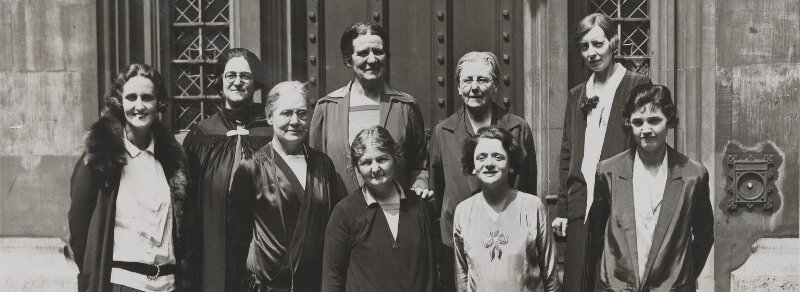| 1 min read
This article takes stock of the state of women's political history in the twentieth century and suggests new lines of enquiry, drawing on the authors’ own work on the Labour Party. It identifies a number of key themes which have enriched histories of women and gender in the nineteenth and early twentieth century and considers how these might be developed. Firstly, it examines the significance of the local, and more particularly, the neighbourhood, in women's political lives. Secondly, it asserts the value of focussing on the membership, including the economic, social and cultural shifts that shaped their lives, the intersection of gender with factors such as age or ethnicity, and their own political identities. Finally, it stresses the importance of interrogating masculine cultures to understand how gendered dynamics played out. It concludes with a reminder that inserting women into established political narratives is insufficient: the point is to transform those narratives.
Need help using Wiley? Click here for help using Wiley








